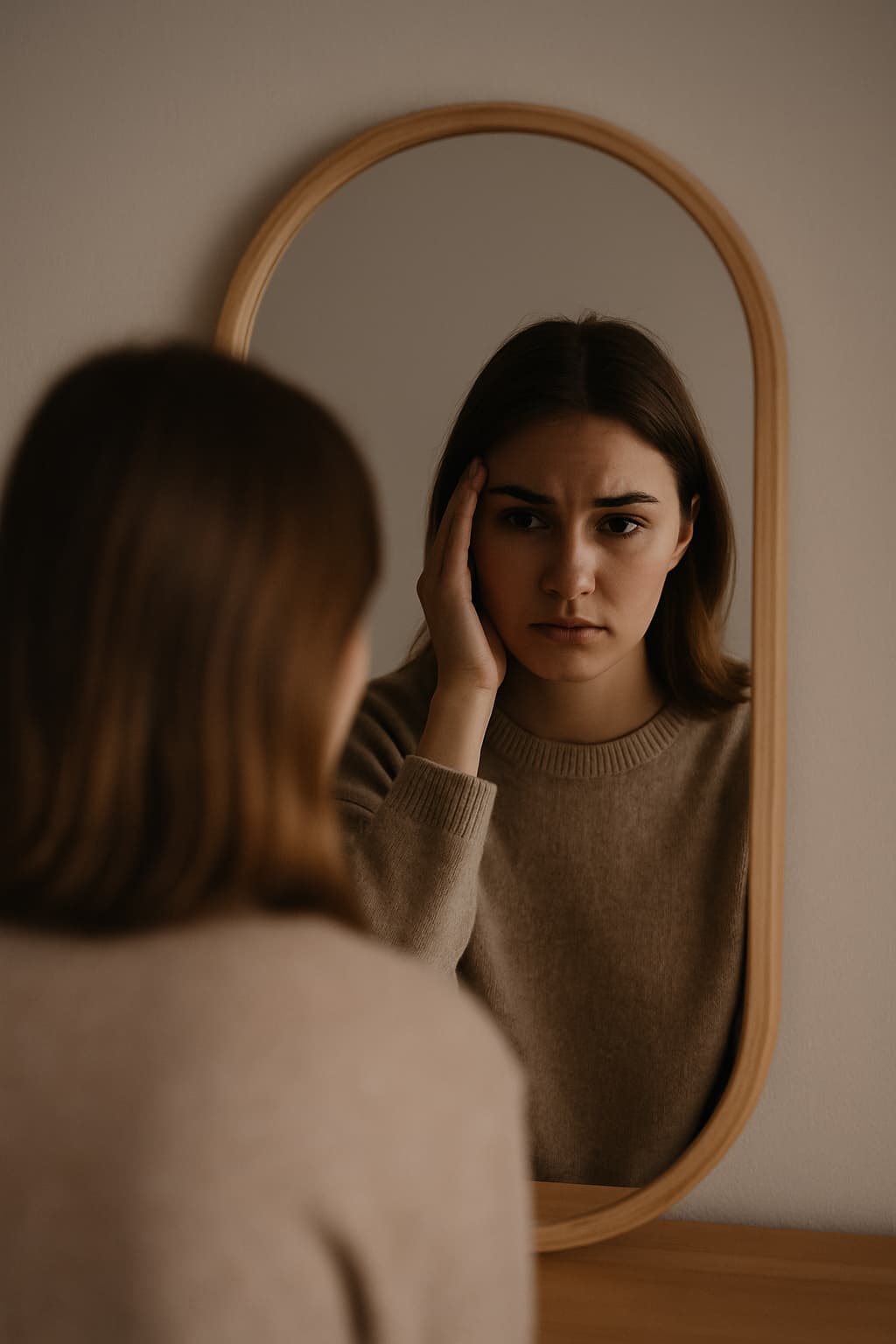That creeping dread on Sunday night? You’re not imagining it. Many people feel a wave of unease before the week begins — a mental clutter that shows up just when you're supposed to be winding down. But how do you know if what you're feeling is just the "Sunday Scaries" or something more persistent, like generalized anxiety?
Understanding the difference can help you respond with more clarity and care — not just on Sundays, but throughout your week.
What Are the Sunday Scaries?
The "Sunday Scaries" describe the anticipatory stress many people feel on Sunday, especially in the late afternoon or evening. It’s that uncomfortable blend of worry, tension, and mental spinning about the upcoming week — emails, meetings, responsibilities, and to-dos that suddenly feel enormous.
Sunday scaries are common and usually situational. They tend to:
- Peak on Sunday evenings
- Fade once the week begins
- Relate to specific work or social stressors
- Come and go depending on what’s ahead
For a deeper look at this topic, check out our full guide on Sunday anxiety here.
What Is Generalized Anxiety?
Generalized Anxiety Disorder (GAD) is a mental health condition characterized by chronic, excessive worry that is difficult to control. Unlike the Sunday scaries, GAD isn’t limited to certain days or events — it’s a persistent experience that can color many parts of your life.
Common signs of generalized anxiety include:
- Worrying most days, about multiple topics
- Physical symptoms like restlessness, fatigue, or stomach tension
- Trouble sleeping or concentrating
- Worry that feels disproportionate or unmanageable
Key Differences to Pay Attention To
If you're not sure what you're dealing with, here are a few ways to tell them apart:
- Timing: Sunday scaries usually appear in a clear window of time (Sunday p.m.), while generalized anxiety is ongoing.
- Scope: Scaries focus on specific upcoming events. GAD casts a wider net — health, safety, relationships, even small decisions.
- Physical Response: Both can cause symptoms, but GAD often includes more persistent tension, disrupted sleep, and restlessness.
- Relief: Sunday scaries often lift once Monday begins. GAD tends to linger or evolve into new worries.
Can You Have Both?
Yes — and many people do. You might have a generally anxious mind and also notice a spike in anticipatory stress on Sundays. That’s completely valid. The key is noticing your patterns and tending to your emotional needs consistently, not just when it spikes.
What Helps — for Each
For Sunday Scaries:
- Create a gentle Sunday night ritual — check out our guide on easing work dread.
- Plan something small and enjoyable for Monday morning — a soft start, not a harsh one.
- Write down your worries in a notebook and close it — a symbolic way to set boundaries with spiraling thoughts.
For Generalized Anxiety:
- Practice daily mindfulness — even five minutes can help regulate chronic mental chatter. Try our post on DBT-based mindfulness tools.
- Consider talking to a therapist, especially if anxiety interferes with work, sleep, or relationships.
- Support your nervous system with consistent habits — movement, hydration, rest, and realistic expectations.
FAQ: Sunday Scaries vs. Generalized Anxiety
Q: How do I know if it's just Sunday scaries?
A: If your anxiety peaks on Sunday evenings and fades by Monday once your routine starts, it's likely situational — not chronic. Sunday scaries tend to feel tied to upcoming tasks or work stress.
Q: Can Sunday scaries turn into generalized anxiety?
A: They can feel connected. If you start experiencing worry and tension beyond Sundays — across many areas of life — it might signal something more ongoing like GAD.
Q: Should I see a therapist for Sunday scaries?
A: If it disrupts your sleep, causes panic, or spills into the rest of your week, talking to a therapist can help. Even if it's occasional, support can help you feel more in control.
Q: What’s a quick tip to ease Sunday night dread?
A: Create a short, calming ritual before bed — dim lights, no scrolling, maybe a warm drink or journal moment. Gentle routine helps signal safety to your nervous system.
Conclusion
Whether you’re facing Sunday scaries, generalized anxiety, or both — the goal isn’t to “fix” yourself, but to understand what’s showing up and meet it with kindness and clarity. Awareness is powerful. And with a few intentional habits and support tools, you can soften even the sharpest mental edges.

